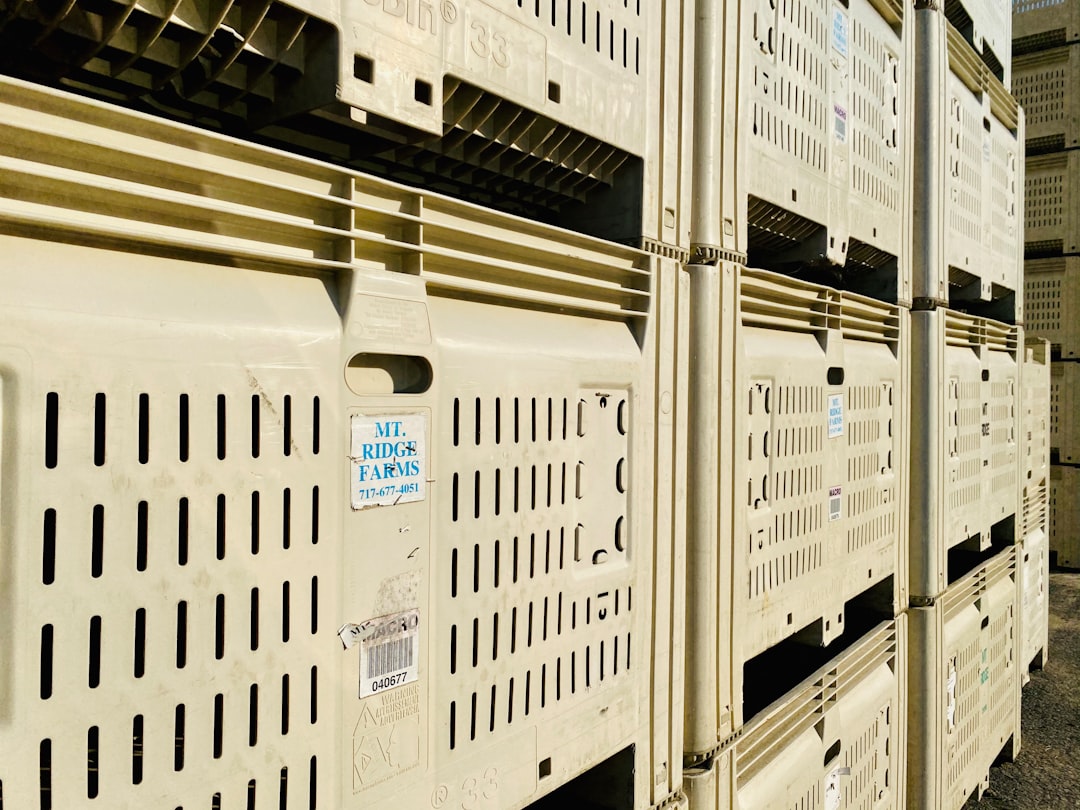Some websites are like rollercoasters. Their traffic zooms up during certain months, holidays, or events—and then quietly rolls back down. If you run a site like that, you know how scary (and exciting!) those spikes can be. Choosing the right hosting option will help your site survive the wild ride—even thrive on it!
So, what’s the secret?
Flexible hosting. Hosting that bends, stretches, and scales with your traffic. Let’s explore the best options out there for handling high-traffic surges without crashing, burning, or costing a fortune.
1. Cloud Hosting – The Superhero of Scalability
Think of cloud hosting as a team of computers working together to run your website. It doesn’t rely on one machine. Instead, your site’s data is spread out over multiple servers. This is awesome for handling sudden traffic spikes.
- Pros: Automatic scaling, high uptime, you only pay for what you use.
- Top Providers: Amazon Web Services (AWS), Google Cloud Platform, Microsoft Azure.
Cloud hosting is ideal if your site becomes super popular during times like Black Friday, big launches, or seasonal events.

2. Virtual Private Servers (VPS) – The Best of Both Worlds
A VPS gives you a portion of a server that’s all yours. It’s more powerful than shared hosting, but cheaper than a dedicated server. Plus, it offers some flexibility to scale your resources as needed.
- Pros: Affordable, better performance, good for mid-sized surges.
- Great For: Small-to-medium businesses that expect periodic traffic boosts.
Just make sure you choose a VPS plan that allows for quick upgrades during peak seasons.
3. Dedicated Servers with Burst Power
This is like renting an entire house instead of a room. You get all the server’s power just for you. Some hosting companies offer burst capabilities—extra resources when you need them.
- Pros: Ultimate control and power.
- Cons: Usually expensive and harder to scale quickly.
Unless your site serves thousands of users at once and has a huge footprint, this option might be overkill. But it’s still worth knowing about!
4. Managed WordPress Hosting – For WordPress Warriors
If you’re using WordPress, there are hosts built just for you. These companies know exactly what WordPress needs to run super smooth—even when traffic floods in.
- Pros: Optimized performance, automatic scaling, built-in security.
- Top Picks: Kinsta, WP Engine, SiteGround.
Many managed WordPress hosts use cloud infrastructure under the hood. So, you get smart speed and smart scaling—without touching a single server setting.
5. Content Delivery Network (CDN) – Your Speedy Sidekick
A CDN isn’t hosting, but it helps your site stay fast during traffic waves. It stores copies of your website around the world and delivers them from the closest location to your visitor.
- Pros: Speeds up your site, reduces sudden server pressure.
- Popular Choices: Cloudflare, Fastly, Akamai.
Adding a CDN is a no-brainer if you have global visitors or media-heavy content like images or videos.

Bonus Tips for Hosting During Spikes
- Test often: Run load tests before busy periods. Know how much your current setup can handle.
- Set alerts: Get notified when traffic or resource usage jumps suddenly.
- Stay cached: Use caching tools or plugins to serve faster static content.
Final Thoughts
Choosing hosting for a seasonal website isn’t just about speed—it’s about being ready. The best option will depend on your budget, skill level, and how wild those traffic spikes get.
Here’s a quick cheat sheet to help:
- Cloud hosting? Go for it if you expect big, unpredictable spikes.
- VPS? A great middle-ground for regular seasonal bursts.
- Managed hosting? Perfect if you’re using WordPress and want things handled.
Pick the one that fits your needs—and get ready for those traffic waves. Surf’s up!



